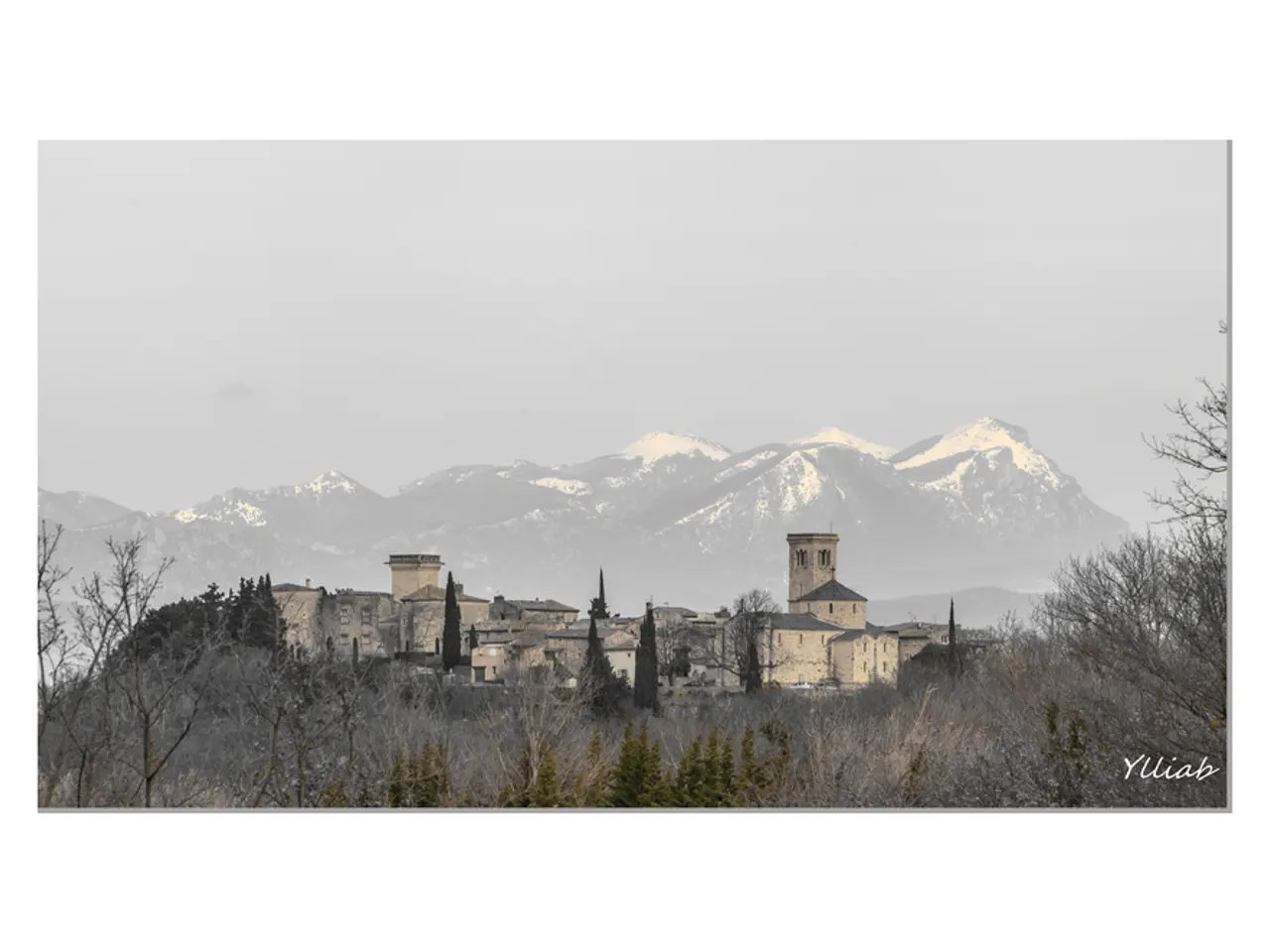Schwerin Joins Germany's UNESCO World Heritage Cities
Schwerin, the charming capital of Mecklenburg-Vorpommern, has been recognised as a UNESCO World Heritage site, joining other enchanting German cities like Quedlinburg and Meissen. This declaration highlights the region's unique cultural and historical significance, much to the delight of American travellers who flock to Germany each year, seeking fairytale-like settings.
Schwerin, nestled among over a dozen lakes, is a city of contrasts. It boasts the whimsical Schwerin Castle, now a UNESCO World Heritage Site, which stands as a testament to the region's rich history. The city's Old Town, with its well-preserved medieval architecture, offers a glimpse into the past, with the Schweriner Dom cathedral dating back to the 13th century.
Meanwhile, in Freiburg im Breisgau, visitors can explore the picture-perfect medieval Old Town, complete with the iconic Freiburg Cathedral and the unique 'bächle' water channels. According to local legend, tripping over these channels may lead to marriage with a local. This city, on the edge of the Black Forest, is a stark contrast to the modern urban life that many Americans expect in Germany.
Meissen, another UNESCO-listed city, is renowned for its porcelain manufacturing. The oldest porcelain factory in Europe was founded here in 1710, attracting visitors from around the world. The city's perfectly-preserved medieval settlement, complete with a 15th-century castle and Gothic cathedral, offers a glimpse into Germany's rich history.
Quedlinburg, in Saxony-Anhalt, is a charming town with over 1,300 timbered dwellings and a 10th-century castle. The tomb of Henry I can be found here, and the Selketalbahn heritage steam railway offers a scenic journey through the Harz Mountains, with round-trip fares starting from $45.
Germany continues to captivate American travellers, offering a blend of modern urban life and fairytale-like settings. With Schwerin's recent UNESCO recognition, visitors can now explore another enchanting city, filled with history and cultural significance. These heritage sites, along with cities like Meissen and Quedlinburg, provide a unique insight into Germany's diverse and rich history.





